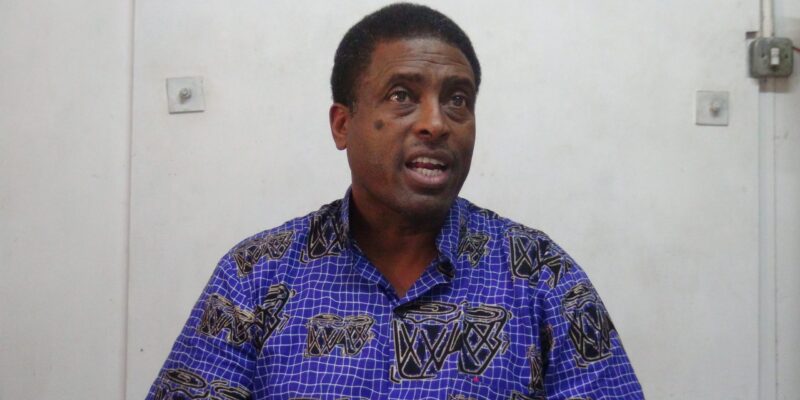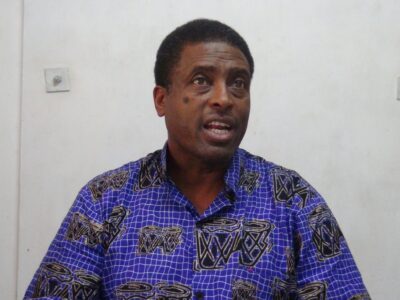The Private Sector Development Association (PSDA) Chairperson, Yusuf Dodia, has accused mining companies of pressuring the government to implement policies that favour their interests at the expense of ordinary Zambians.
Dodia pointed to the latest controversy surrounding clause 15 of the draft Minerals Regulation Commission Bill, which required the government to hold a 30 percent stake in all mining operations.
He said that despite the mining industry’s opposition, the bill was necessary to protect Zambia’s natural resources and ensure the country’s citizens benefit.
Speaking in a telephone interview on Tuesday, Dodia stated, “It is unfortunate that the mining industry has continued to arm-twist the government. The latest development is the concerns raised over clause 15 of the draft bill, which aims to give the State a 30 percent stake in all mining operations.”
The Zambia Chamber of Mines (ZCM) last week described the bill’s policy proposals, especially the mandated 30 percent state ownership, as “abnormal and impractical.”
The ZCM argued that these provisions would harm Zambia’s mining sector by deterring investment.
However, Dodia countered, stating that the bill’s provisions are designed to safeguard Zambia’s interests. “Yes, the bill is tough, but it is meant to protect the interests of Zambians and the country’s natural resources,” he said.
Last week, the Ministry of Mines and Minerals Development held a meeting with the ZCM, addressing many of the concerns raised by the Chamber.
However, clause 15 remained a sticking point.
The ministry had indicated that it was considering amendments to the clause based on the ZCM’s proposals.
In response to these developments, Dodia reiterated the importance of government ownership in the mining sector, arguing that it ensures Zambians receive fair returns from their natural resources.
“Having a 30 percent stake in mining operations is a way to make sure Zambians benefit from their natural resources,” he said.
Dodia also criticized the mining industry for its longstanding resistance to policies that aim to increase local benefits from Zambia’s mineral wealth.
“The mining industry has been exploiting Zambians and other developing economies for years. This is time for change,” he said.
He added that the mining sector must realise the importance of fairness in their operations, noting that Zambia could attract other investors who would foster a more equitable environment.
“A time has come for the investors in the mining sector to recognize that there are other investors from other countries that can make Zambia benefit in a win-win situation from investments in the copper mining,” he said.
WARNING! All rights reserved. This material, and other digital content on this website, may not be reproduced, published, broadcast, rewritten or redistributed in whole or in part without prior express permission from ZAMBIA MONITOR.












Comments